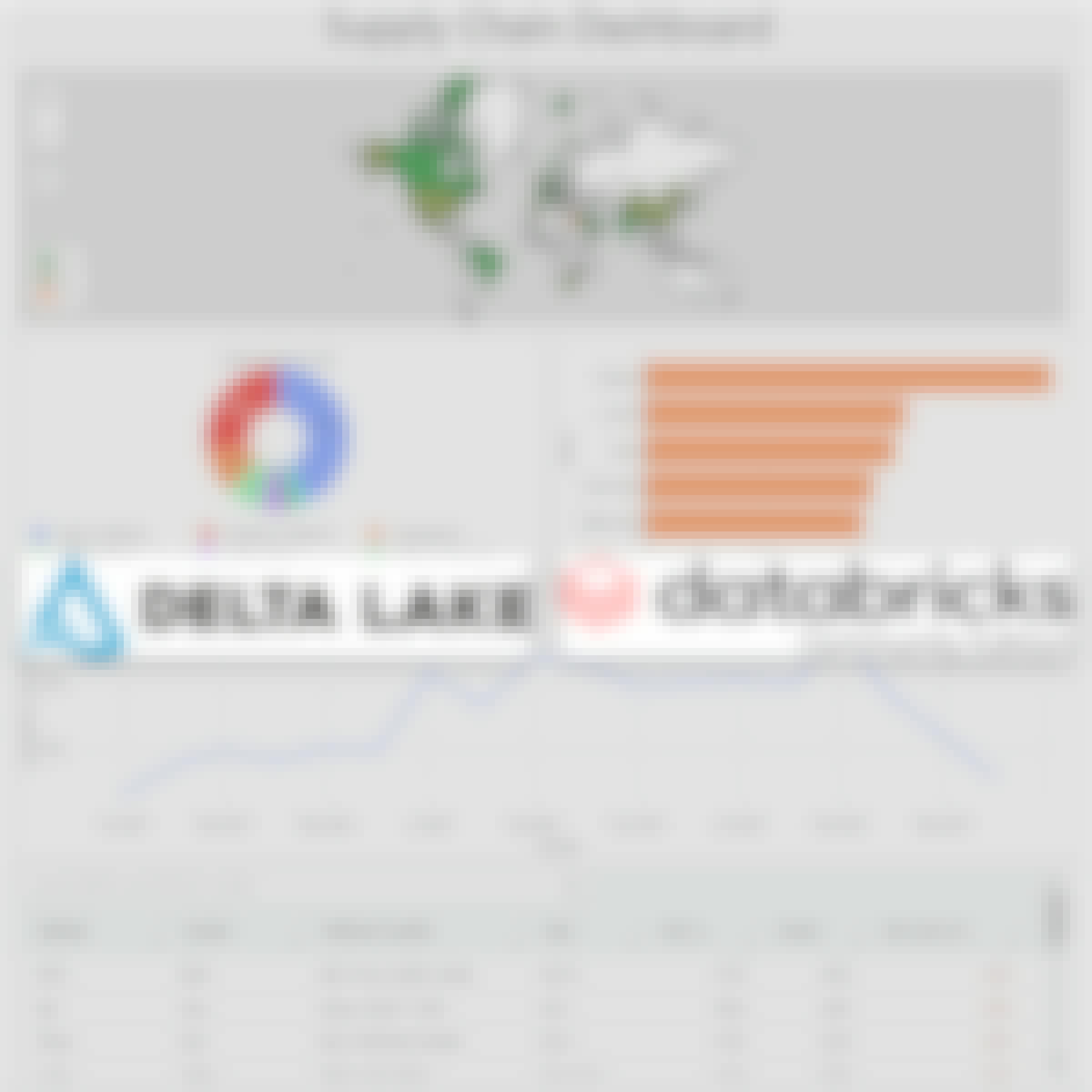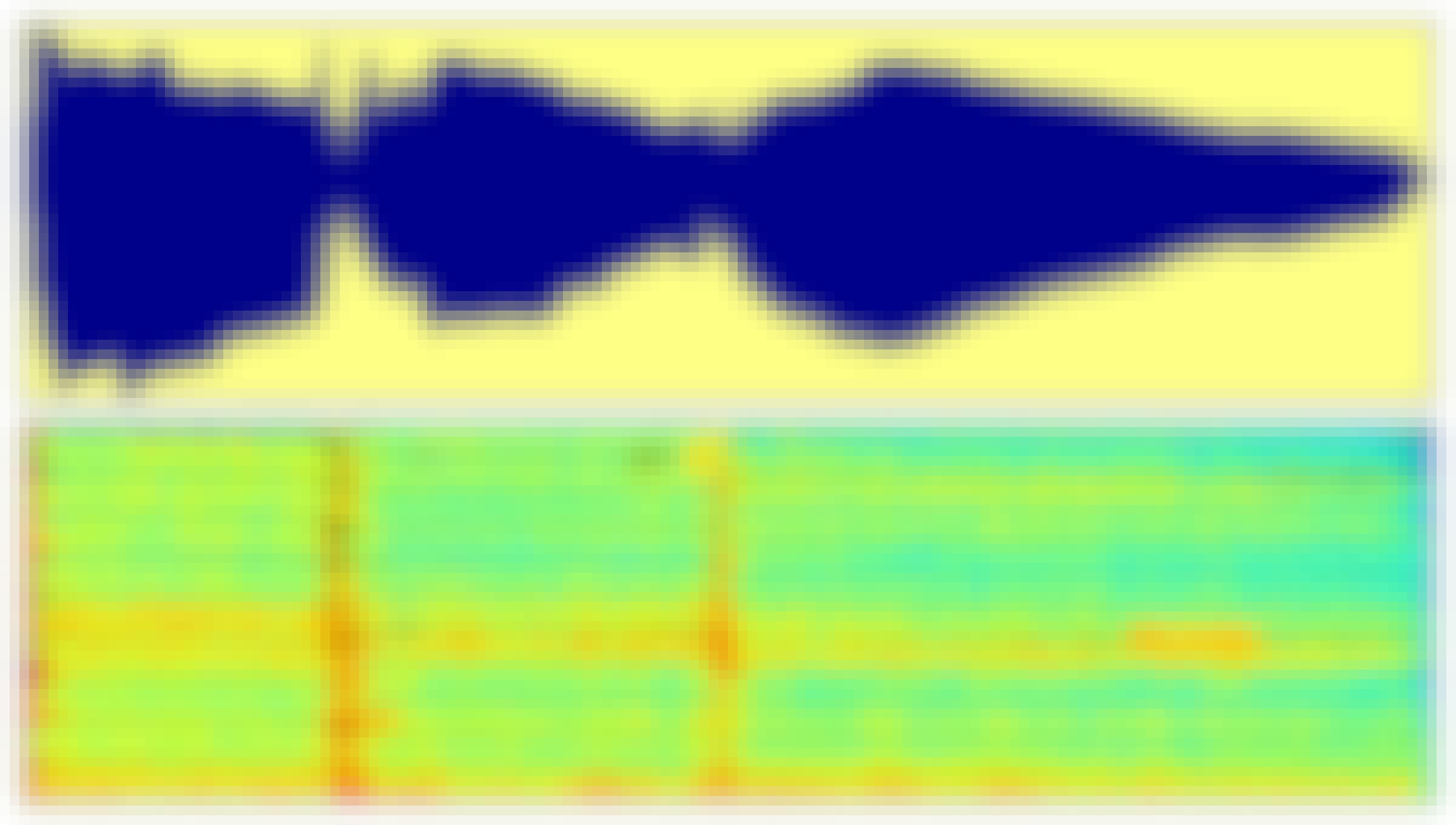Filter by
The language used throughout the course, in both instruction and assessments.
Results for "idle+(python)"

Duke University
Skills you'll gain: Data Analysis, Python Programming

Skills you'll gain: Machine Learning, Microsoft Azure, Applied Machine Learning, Machine Learning Software, Machine Learning Algorithms, Cloud Computing, Python Programming, Human Learning, Algorithms, Big Data, Cloud Applications, Data Analysis, Regression, Extract, Transform, Load, Training, Exploratory Data Analysis, Cloud Platforms, Data Management, Deep Learning, Experiment
 Status: Free
Status: FreeSungkyunkwan University
Skills you'll gain: Machine Learning

LearnQuest
Skills you'll gain: Computer Programming, Programming Principles, Algorithms, Python Programming

University of Pennsylvania
Skills you'll gain: Deep Learning

Duke University
Skills you'll gain: Machine Learning

Coursera Project Network
Skills you'll gain: Python Programming

University of Pennsylvania

Coursera Project Network
Skills you'll gain: Data Analysis, Python Programming

Skills you'll gain: Data Science, Machine Learning, Python Programming

Coursera Project Network
Skills you'll gain: Big Data, Data Management, SQL
 Status: Free
Status: FreeUniversitat Pompeu Fabra of Barcelona
Skills you'll gain: Computer Programming, Mathematical Theory & Analysis, Mathematics, Python Programming, Algorithms, Applied Mathematics
In summary, here are 10 of our most popular idle+(python) courses
- Data Science with NumPy, Sets, and Dictionaries: Duke University
- Microsoft Azure Data Scientist Associate (DP-100) Exam Prep: Microsoft
- Machine Learning Basics: Sungkyunkwan University
- Application Programming Fundamentals: LearnQuest
- Deep Learning Essentials: University of Pennsylvania
- Explainable Machine Learning (XAI): Duke University
- Data Analysis with OpenAI API: Save time with GenAI: Coursera Project Network
- Machine Learning Essentials: University of Pennsylvania
- Master Data Analysis with Pandas: Learning Path 1 (Enhanced): Coursera Project Network
- Machine Learning Rapid Prototyping with IBM Watson Studio: IBM










